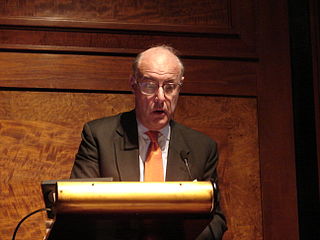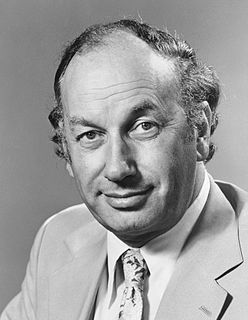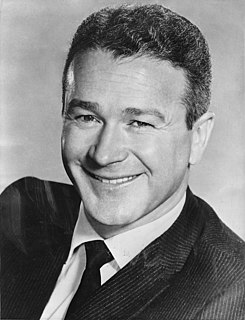A Quote by Geoffrey Rush
I knew all about Edward VIII's abdication, George VI becoming the king and having a stammer, but nothing about how he got rid of it.
Related Quotes
Cruel and paradoxical though it undoubtedly is, the record shows that yje most succesful 20th century monarchs have been those who were not actually born to succeed. King George VI was 41 when the abdication of Edward VIII propelled him suddenly and unexpectedly to take up the crown; and Queen Elizabeth II spent her first decade with no inkling thay she herself might one day have to reign. Taken together, these examples suggest that the best preparation for the job of sovereign is not to be prepared for it at all, ir not to be too well prepared for it, or for too long.
I’ve always liked to read about extremely wealthy people, especially when they are crazy (like Howard Hughes or Caligula.) While writing this book I did a lot of fun research on robber barons like Rockefeller and Morgan. But the most helpful stuff came from studying royal families and mad emperors. The best book I read was probably A King’s Own Story, which is the memoir of Edward VIII. Also, anything about Ivan the Terrible or Ted Turner.
Really Edward Teach, Blackbeard, was actually tall, so he was literally larger than life and so he knew that and actually the more you read about him, you realize that he actually respected and knew about the theatricality and he'd rather take a ship by threatening and having the power of his personality and the threat of the oncoming danger to sway the ship to just acquiesce and just give up their cargo and so none of his crew got hurt and they would just take their bounty and he wouldn't have to kill anybody, but of course he earned that reputation, so he was no saint.
I think there was a bit of brotherly love, but I think everything has a motive when you're king. It's all about maintaining that power - securing that power - and I think Edward was very skillful at doing that. I think he was a great king. Opinions are split, if you look at what he's done and written about him.
My first understanding of HIV and AIDS was like everybody else from my generation. In the mid-'80s, we heard about this, and it was terrifying, because we knew nothing about how to respond to it appropriately, and we didn't really understand about how the virus is passed. There was a lot of misconception about that.




































